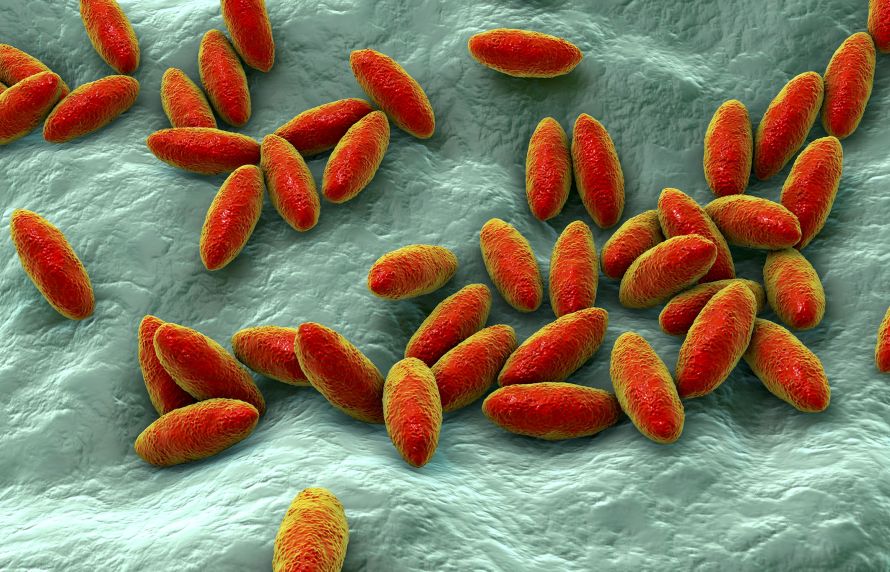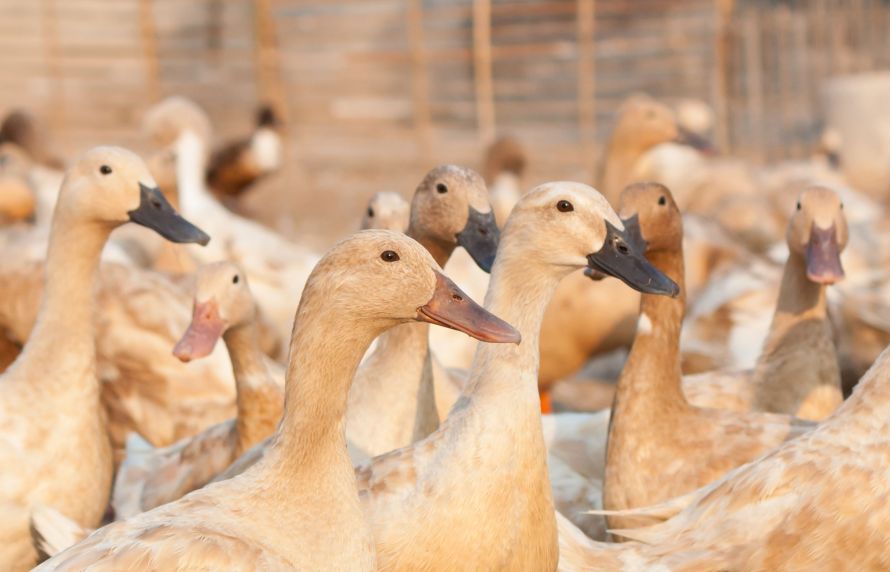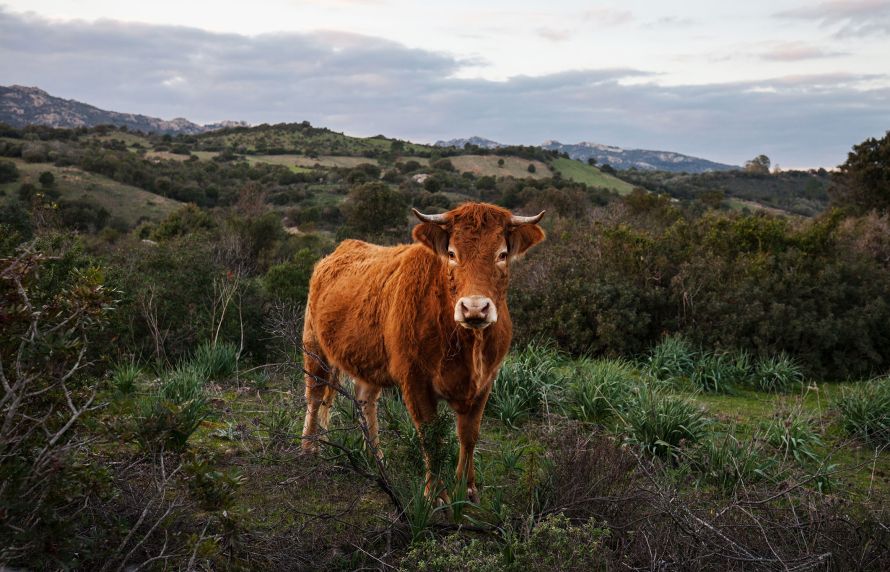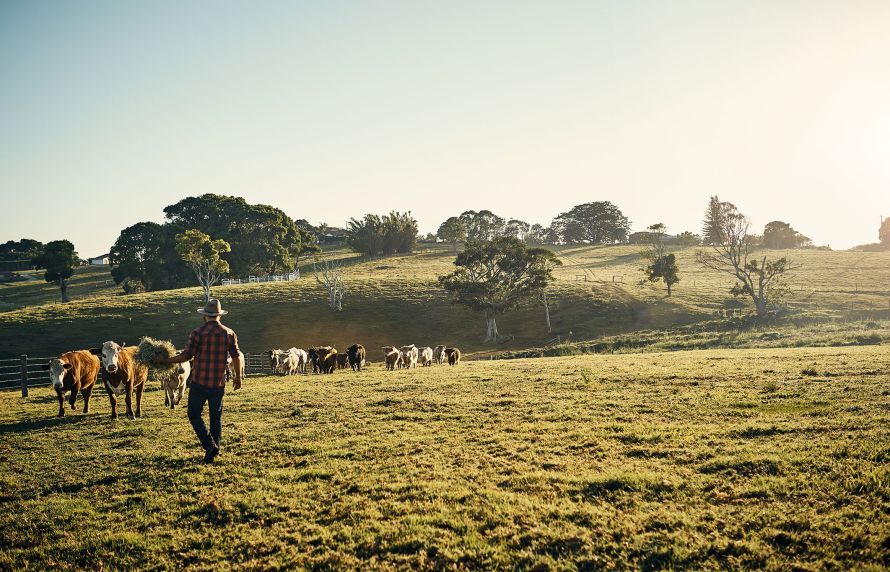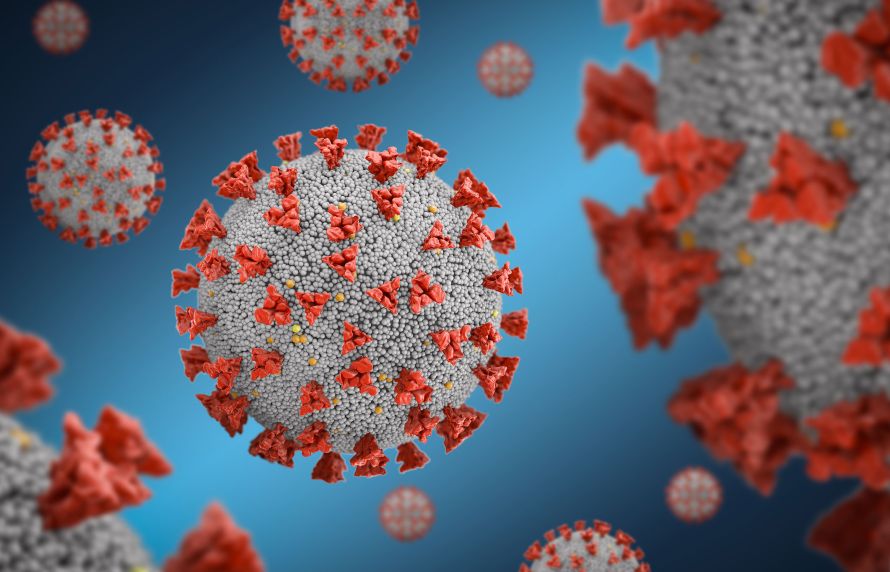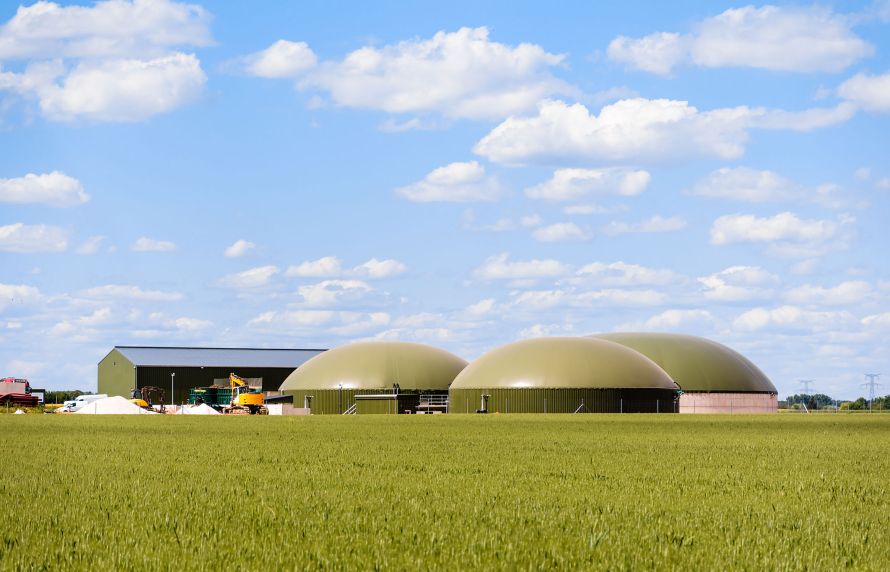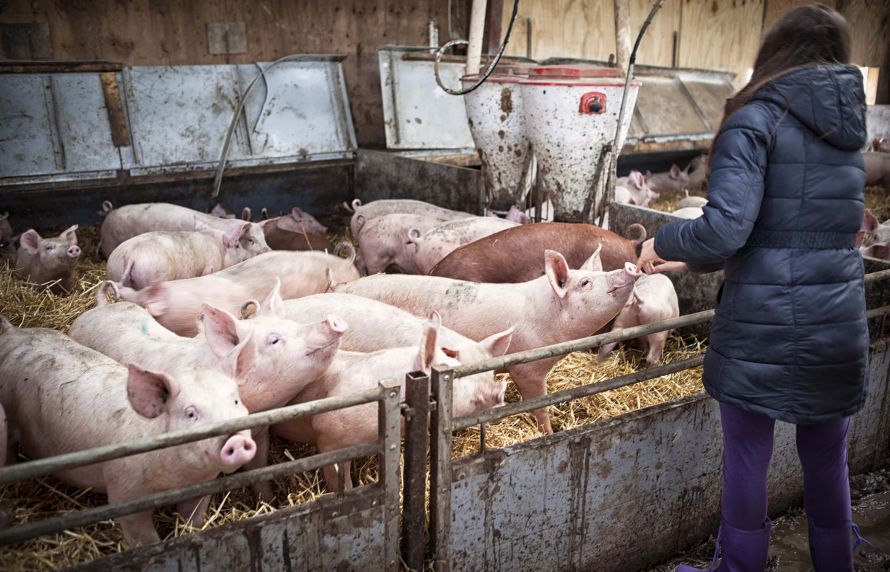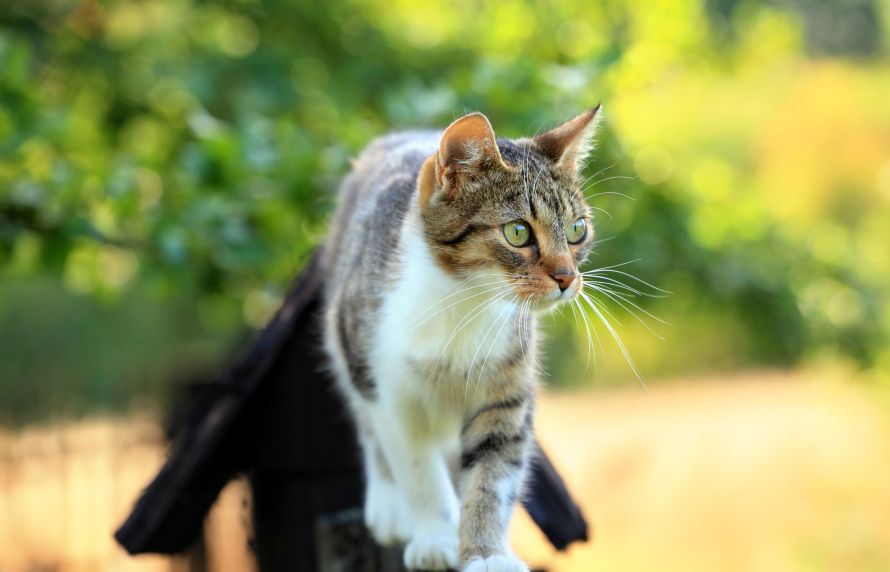- News
- Explore our topics
- About us
- Our publications
- Opinions and reports
- Regulatory decisions
- Register of marketing authorisation decisions and assessment conclusions
- Register of marketing authorisation decisions and assessment conclusions for biocides
- Register of opinions on macro-organisms
- Approved laboratories for water quality monitoring
- Treatment products and processes for swimming pool and artificial bathing pool water
- Embalming fluids
- Authorisation to use feed additives not authorised in the EU, for research purposes
- Scientifics fact sheets
- Periodicals
- Calls and consultations
- #EU_PARC
